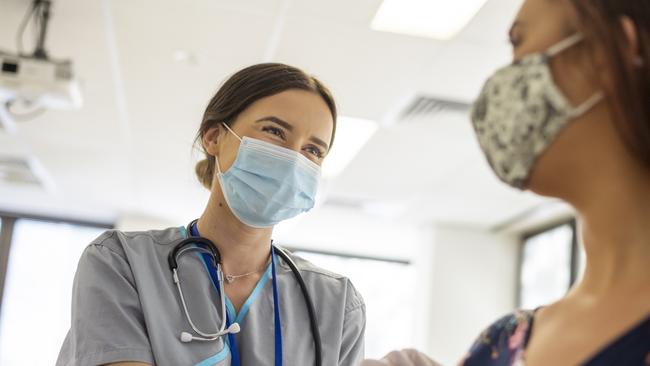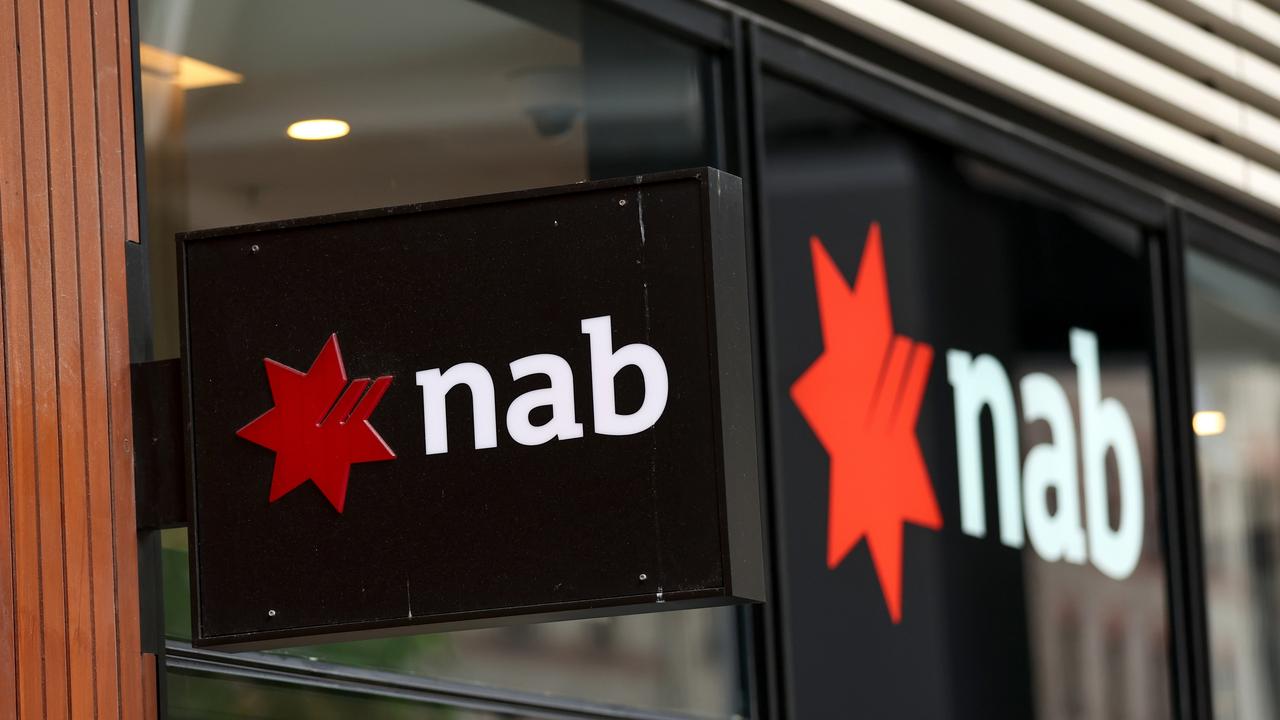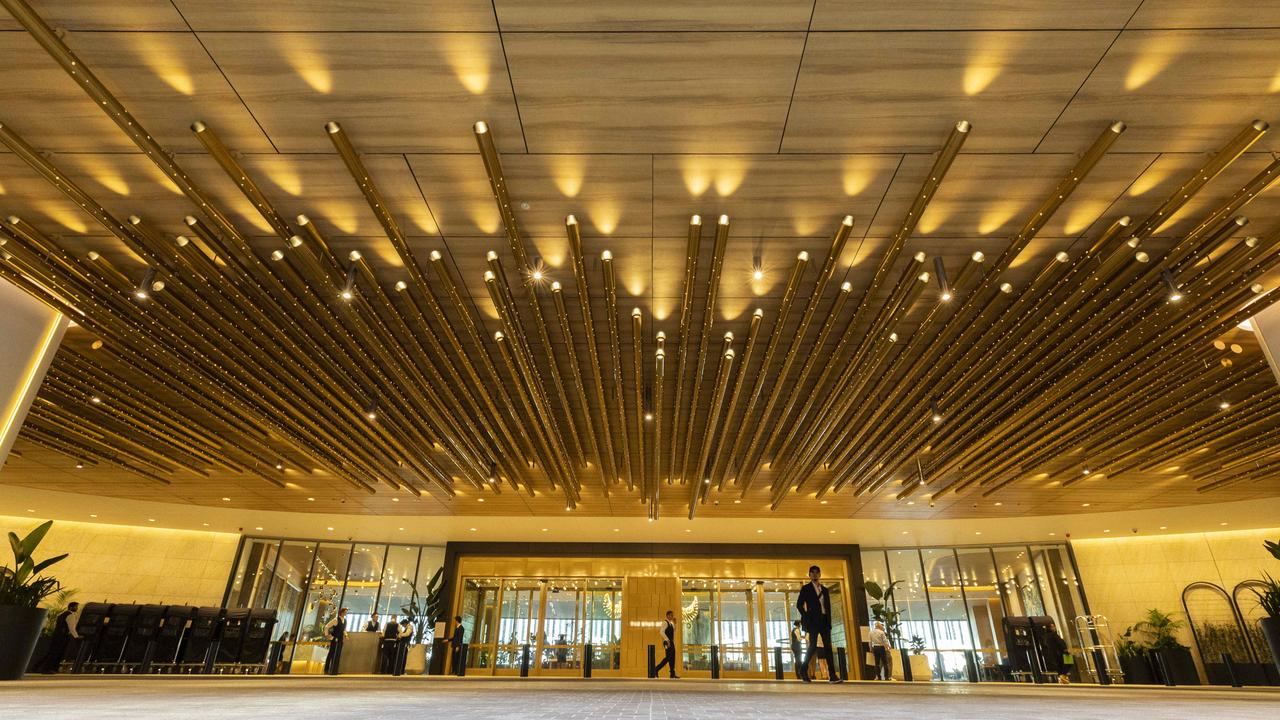
The success of private hospital operators is critical for the federal government, because if they didn’t exist, more of the financial burden for funding healthcare would fall on the taxpayer.
September was said to be a particularly tough month for private hospitals from a financial perspective, but some fear the worst is yet to come.
One fear is that the Fair Work Commission could come out with a recommendation to provide nurses with pay rises of up to 30 per cent.
This follows an application by The Australian Nursing and Midwifery Federation to change the minium rates in the Nurses Award 2020 – excluding aged care nurses, who have already had a lift.
The country is critically short of healthcare workers due to their low pay and tough conditions, and the government needs to find ways to balance that.
Yet many in the healthcare industry believe such pay rises will not be sustainable.
After entering a period of financial distress, the country’s second-largest private hospital operator, Healthscope, which is owned by private equity firm Brookfield, has been vocal in lobbying the government to ensure that health insurers increase payments for private hospital patient care and services at a time of rising costs.
It’s a difficult balancing act, though, because the health insurers will argue they also need to be profitable to exist.
Passing on the cost to the customer would probably mean more people would drop health insurance, particularly amid a cost of living crisis, because it could become unaffordable.
It’s all a delicate balancing act.
So what does this mean for corporate activity?
It could mean that not-for-profit private healthcare providers – the providers that are believed to be struggling the most – close hospitals or puts hospital assets on the market, while Brookfield also puts Healthscope up for sale.
But who would be the buyers at a time when the industry can’t make decent returns?
That’s the difficult question.



